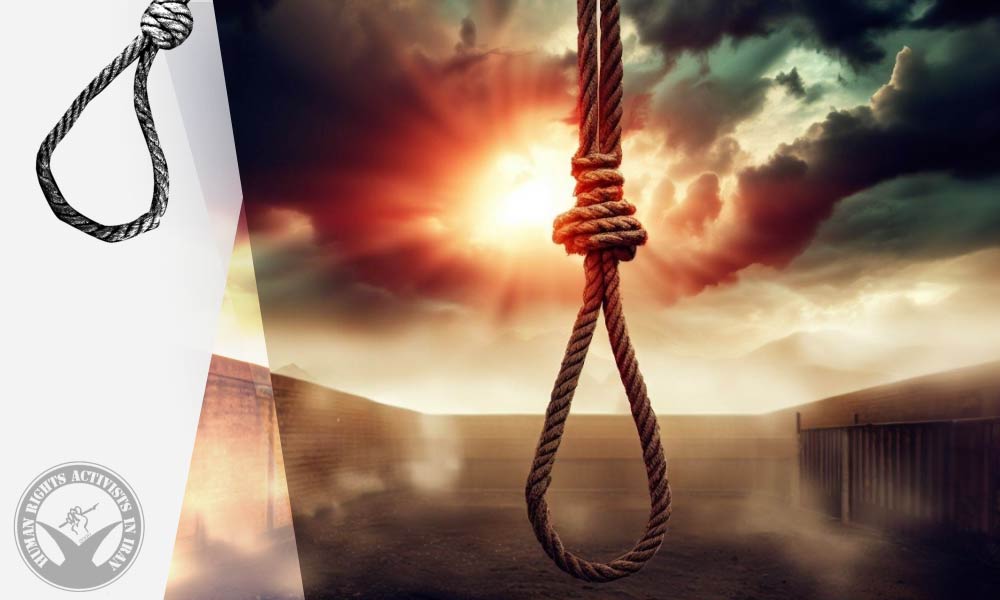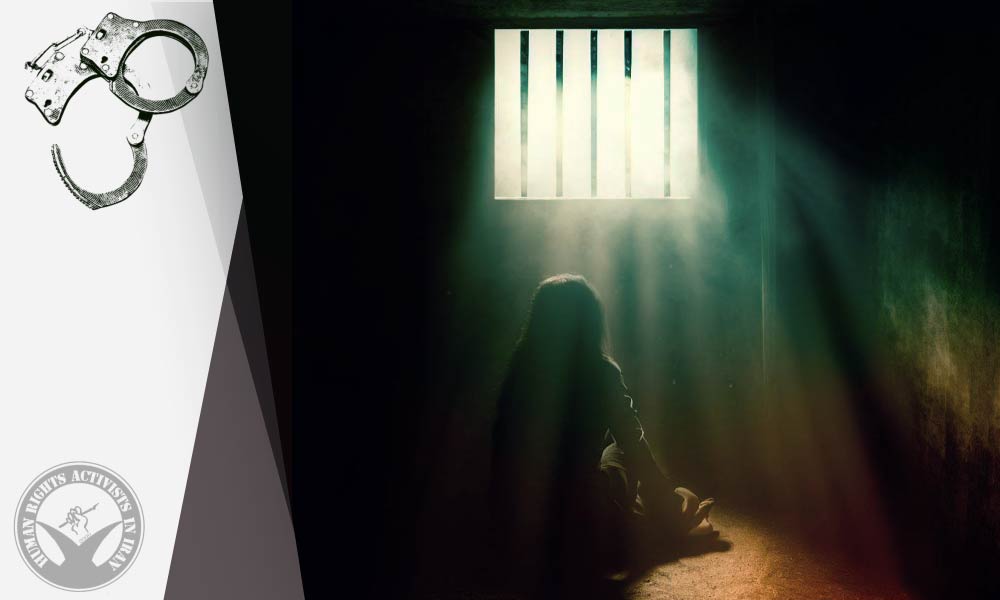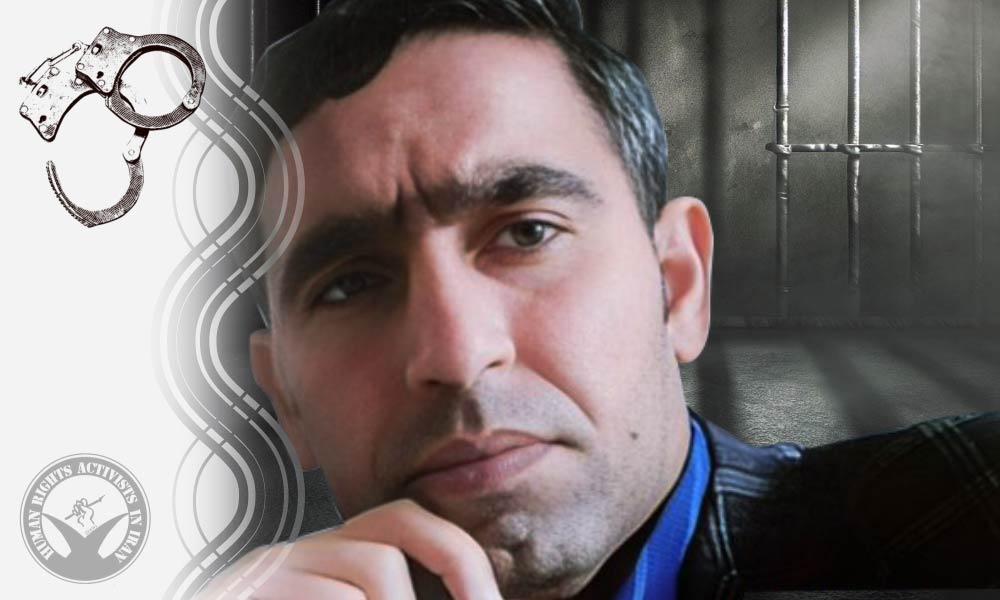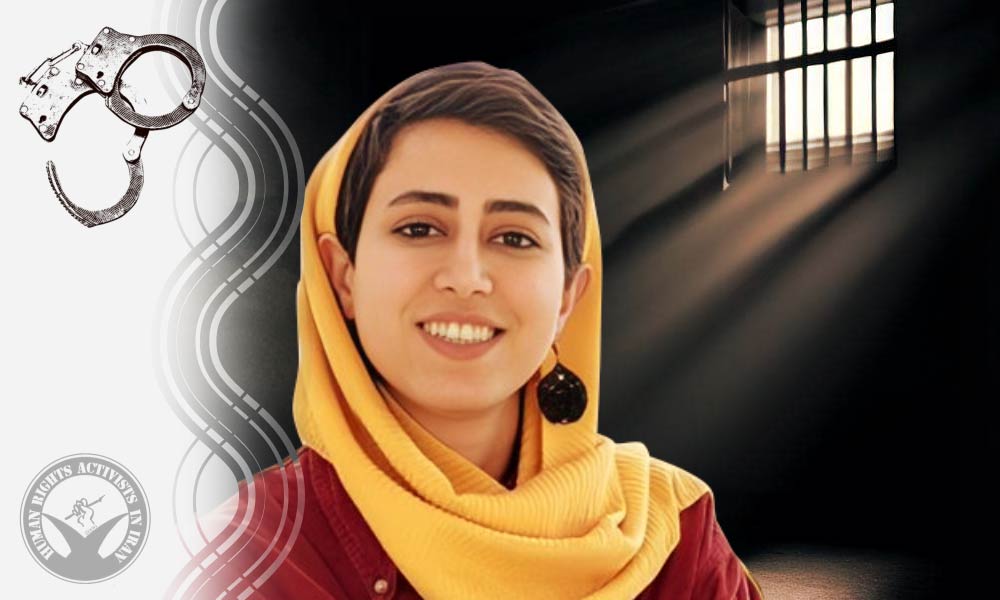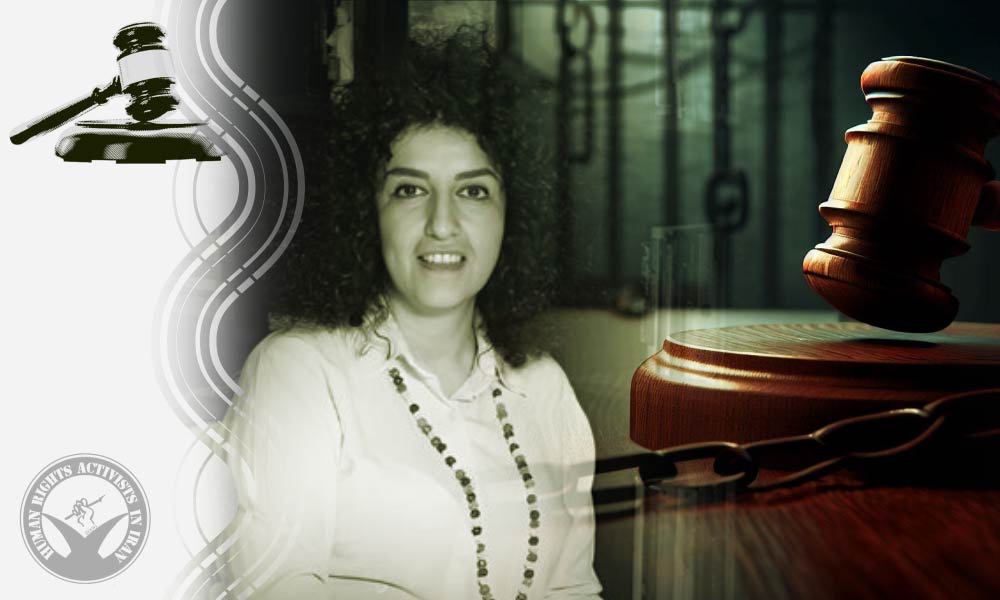The Mashhad Revolutionary Court has handed down a lengthy sentence of ten years and nine months to Sanaz Tafazoli, a Baha’i citizen currently held in Vakilabad prison.
Presiding Judge Hadi Mansouri issued the sentence, comprising six years and six months for “forming a group to act against national security,” three years and seven months for “assembly and collusion against national security,” and eight months for “educational/promotional activities against Sharia.”
During the trial, the presentation of “books and works related to the Baha’i faith” and the establishment of “educational groups for Baha’i children” were cited as evidence for the aforementioned charges.
Should this verdict be upheld upon appeal, the first charge of six years and six months will be enforceable as the most severe sentence, in accordance with Article 1434 of the Islamic Penal Code.
On Tuesday, November 22, 2022, intelligence agents apprehended Baha’i citizen Sanaz Tafazoli in Mashhad. A search of her residence resulted in the confiscation of belongings belonging to both her and her son.
After multiple extensions of her detention period, she was incarcerated at Vakilabad Prison on December 29, 2022.
In February, she was granted a ten-billion-toman bail. However, judicial authorities declined her release on bail, returning this heavy bail to her family.
Aged 45, Tafazoli has a history of arrests and imprisonment due to her activism.
According to the HRANA annual report, a significant portion, accounting for 64.63%, of human rights violations against religious minorities were related to the infringement of Baha’i rights.
The denial of the freedom to practice a religion constitutes a breach of Article 18 of the Universal Declaration of Human Rights and Article 18 of the International Covenant on Civil and Political Rights. The United Nations covenant asserts that every individual possesses the right to religious freedom, the freedom to convert, and the freedom of expression, both individually and collectively, openly or privately.




